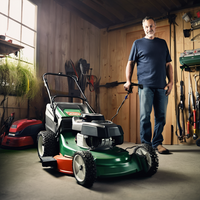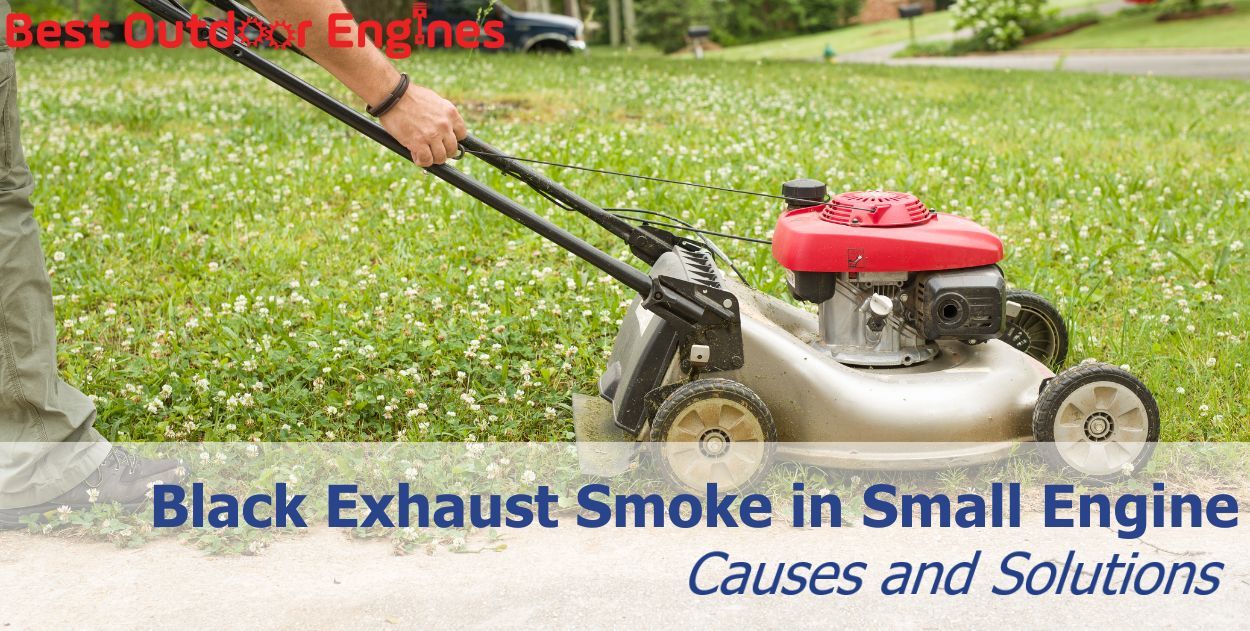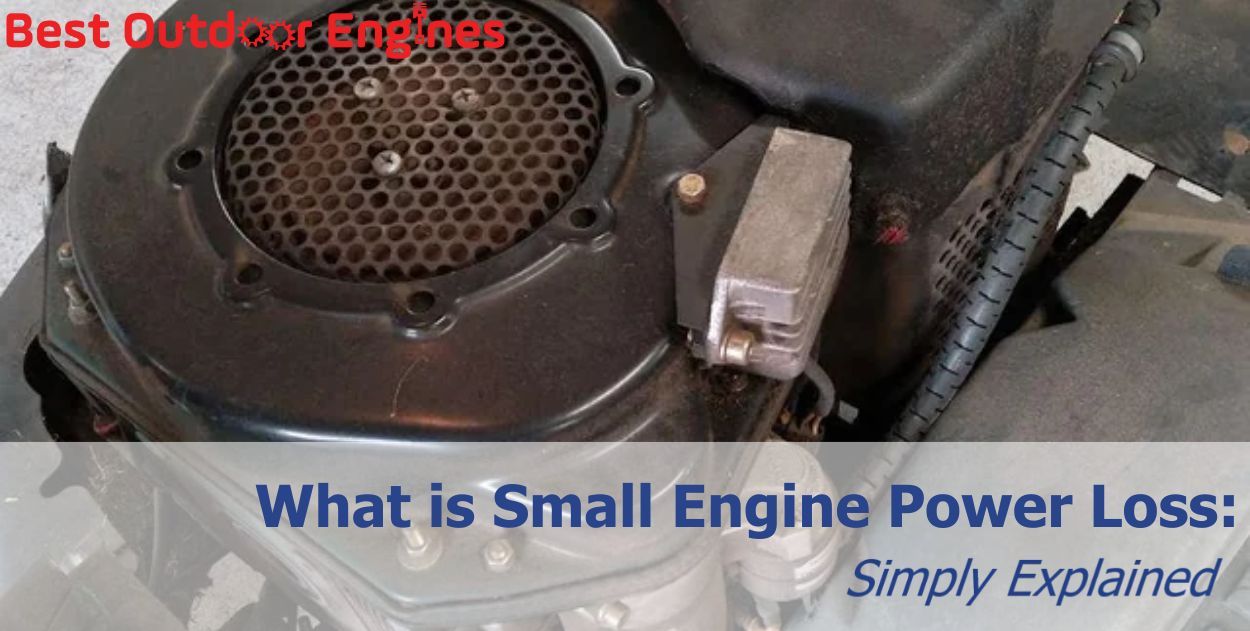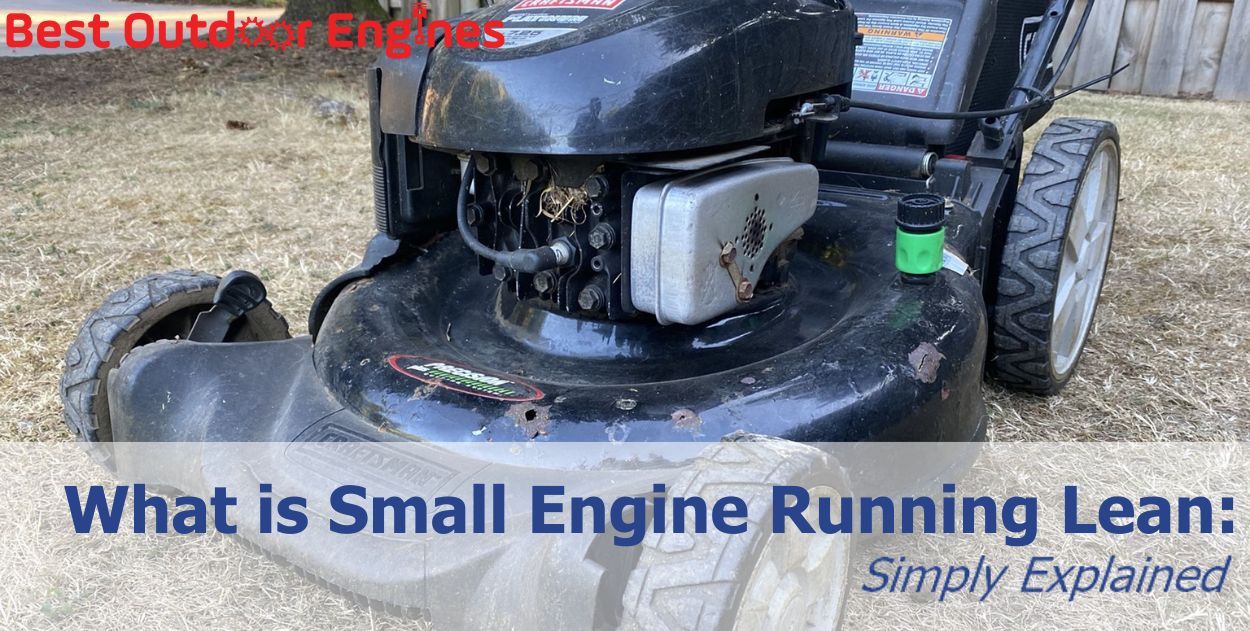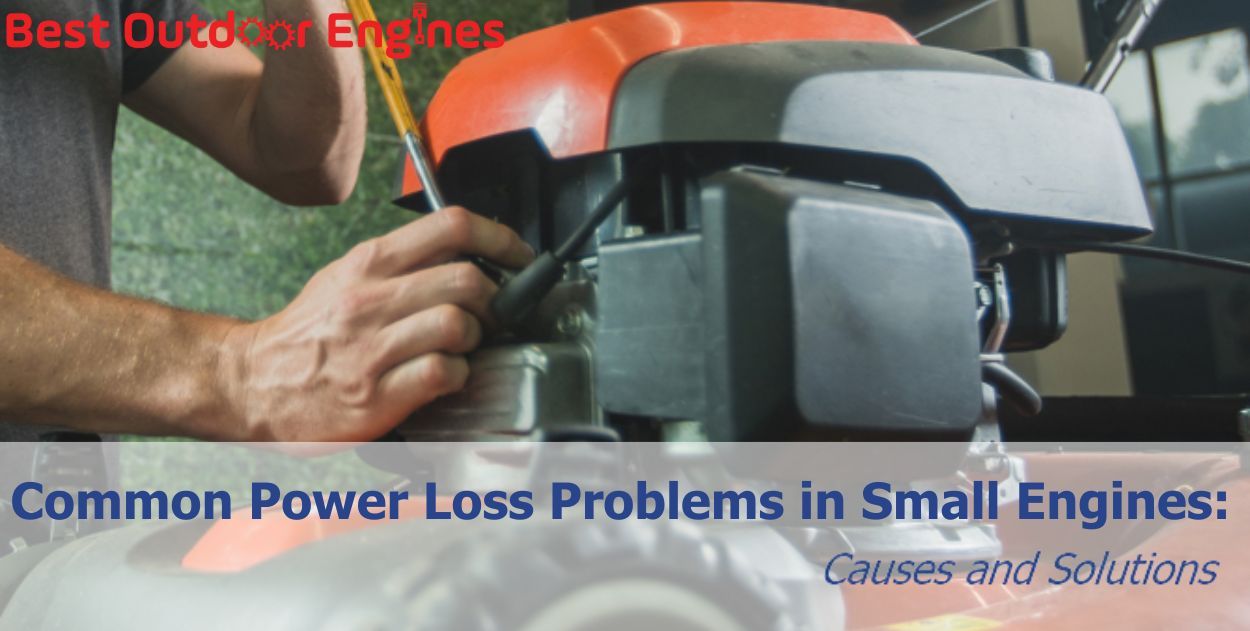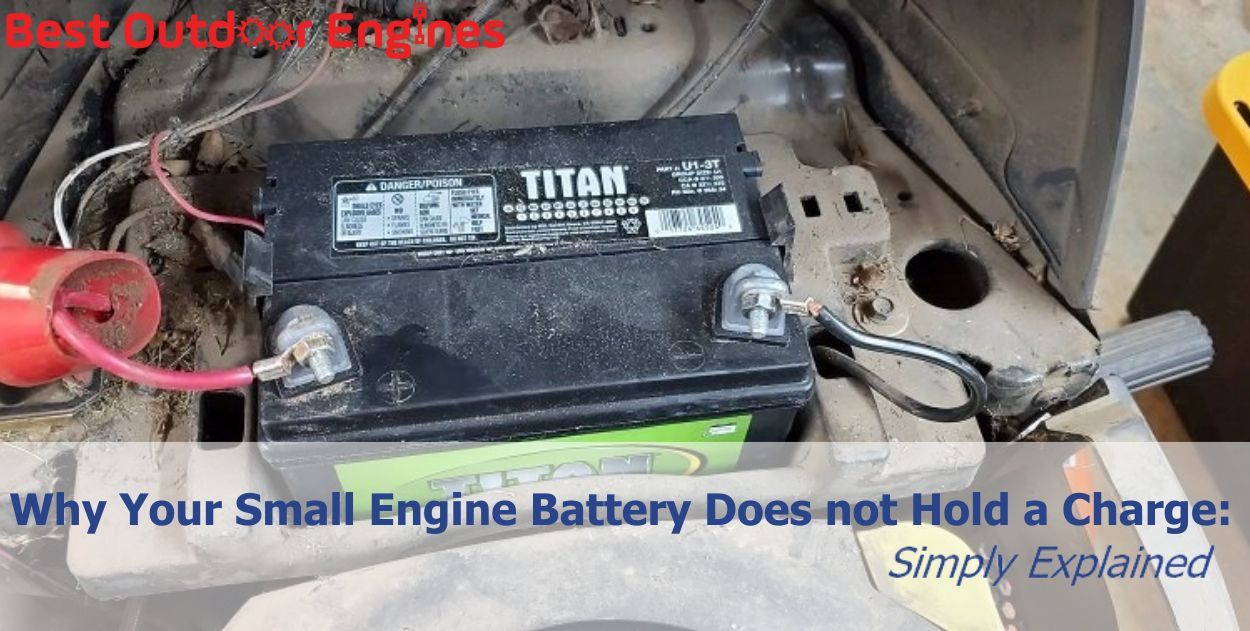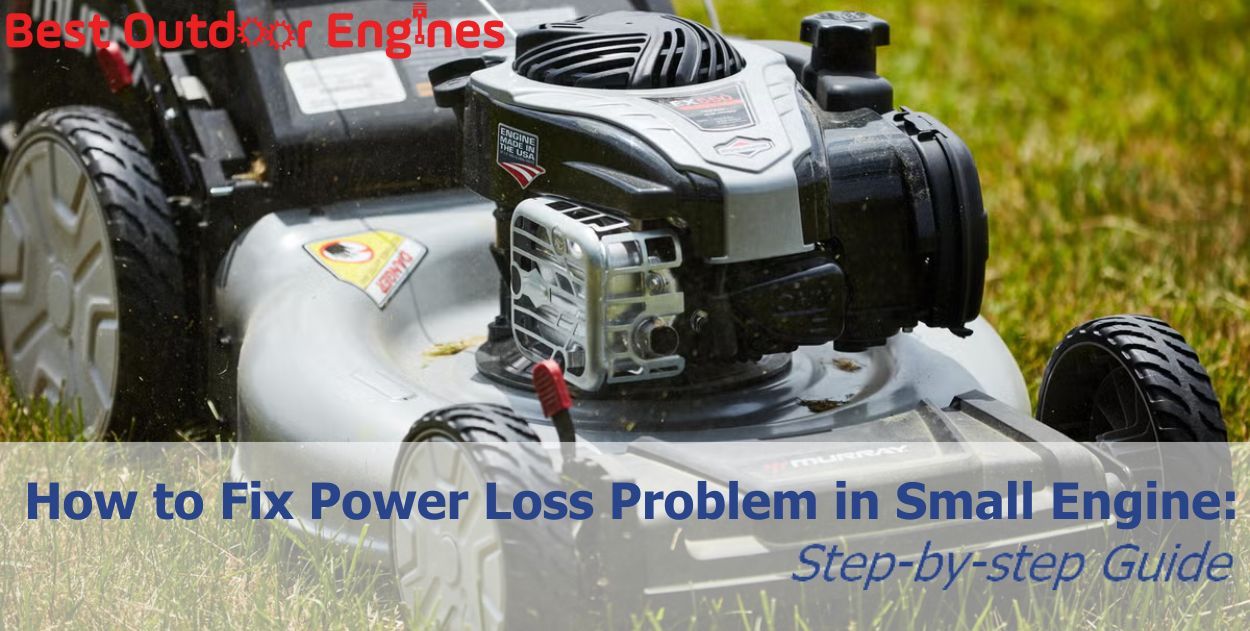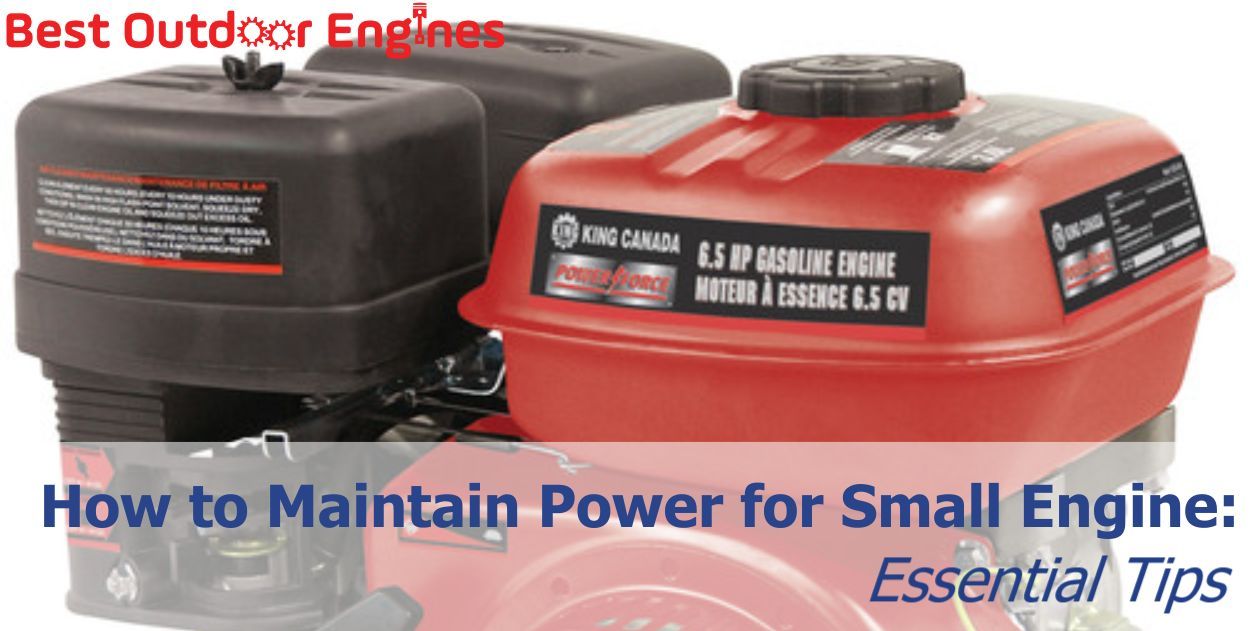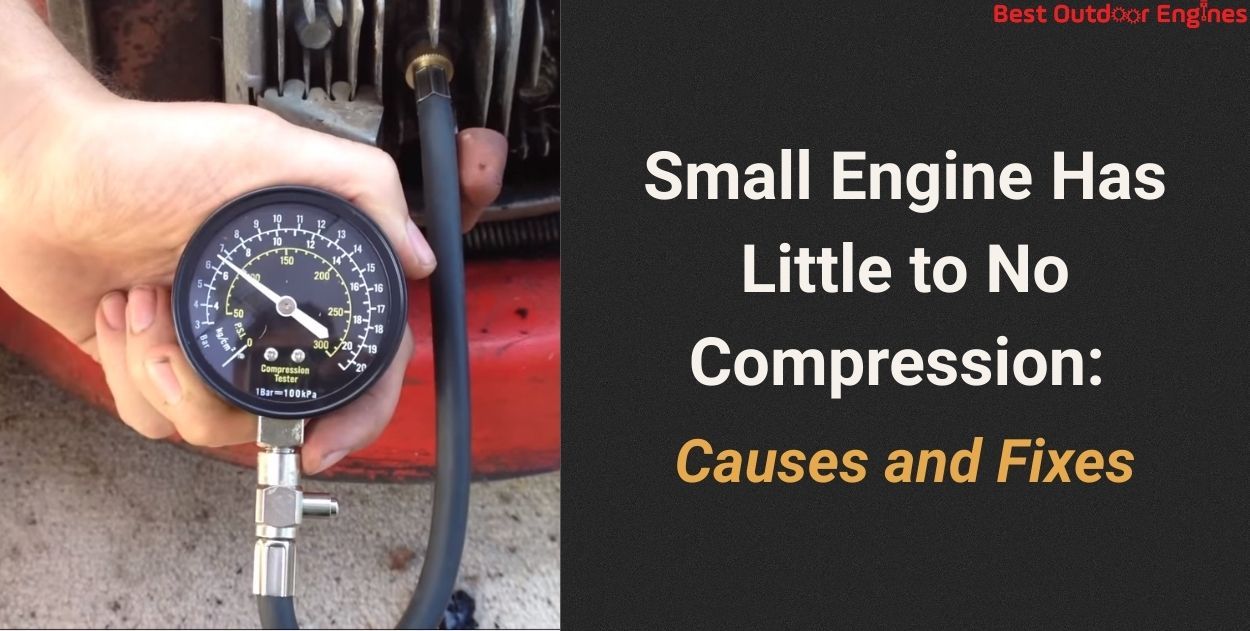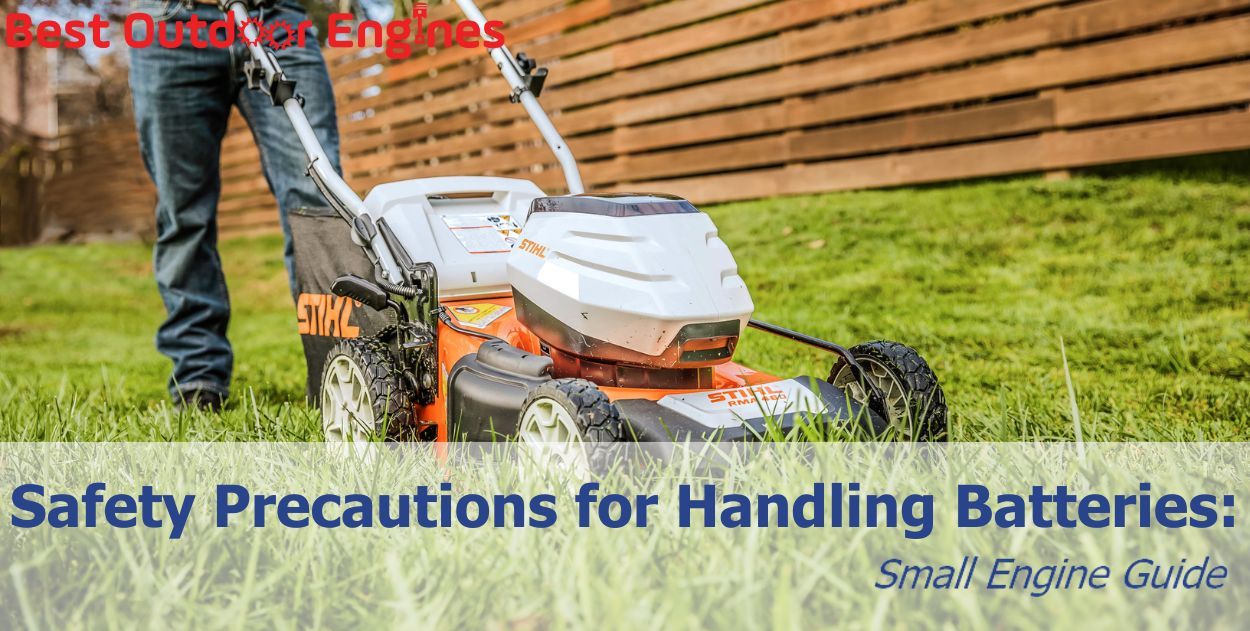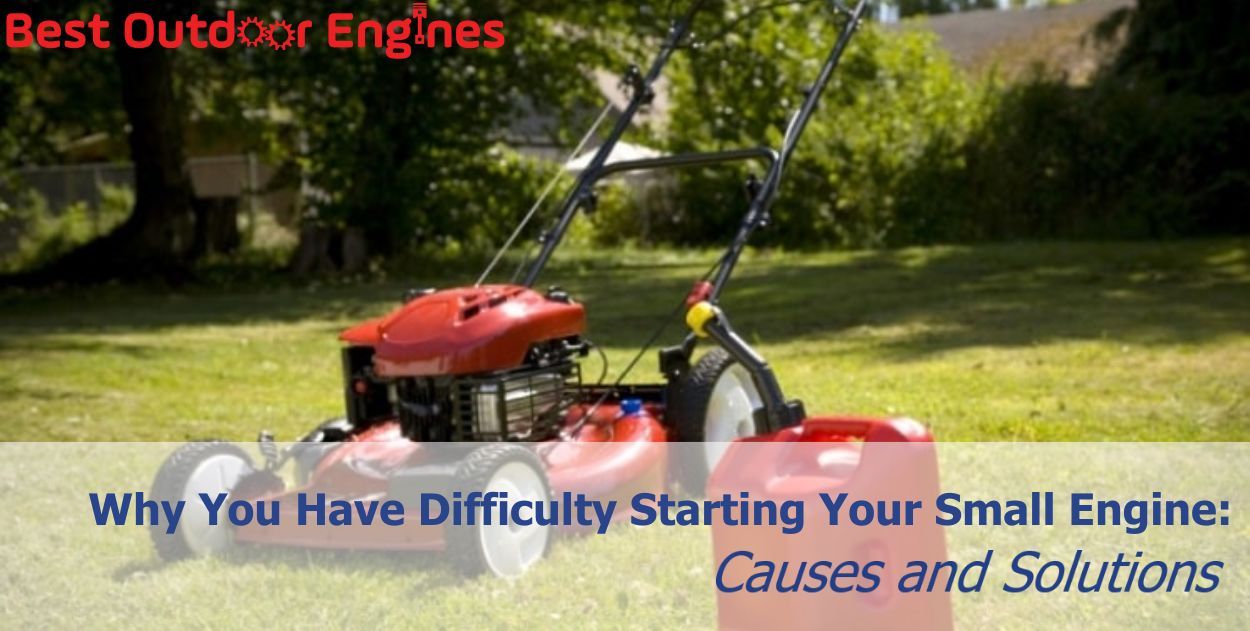Why Does Gas Mix with Oil in Your Small Engines: Small Engine Guide
It’s high time to react when you find out that there is fuel in your small engine’s oil tank. If you don’t take action early enough, your engine may run into serious issues. Do you want to know why the gas in your small engine is mixed with the oil? We’re here, to help you understand and prevent.

What Are the Causes of Gas Mixing with Oil in Small Engines
At the heart of each small engine, is a carburetor, and when these carburetors malfunction, it can cause gas to mix with oil. Specifically, when the carburetor’s needle doesn’t get sealed correctly, it makes way for the fuel to overflow into the crankcase, then be mixed with the oil. A vivid example for you to understand this situation is when you see a dam failing to hold back waters then lead to flooding around the rivers.
Gas can also be mixed with oil as the results of a damaged or old piston rings and cylinders walls. If you keep a damaged piston or let a broken engine cylinder wall inside the small engine for too long, the fuel can bypass these faulty parts of your engine. This leads to the fuel getting into the oil and mixed with other substances.
Last but not least, don’t forget about the fuel pump. If it functions normally, then it’s fine. However, if it fails to function correctly, as when the pump’s diaphragm is torn, the fuel can easily get through and mixed with the oil during your small engine operations.
An over-full oil level can be the first notable sign of gas being mixed with oil, and you can easily check and see it with your oil oil dipstick. Normally, the oil will just decrease stably as the engine still needs some oil to work with. Instead of that, when you find an unexpectedly high level of oil, it means that the oil has been mixed with some gasoline inside of it.
Gas contamination to your small engine oil can also be detected through how your oil is physically looking. If your oil is contaminated with gasoline, you can see that the oil is now much thinner and started to lose its viscosity. And if you are familiar enough with the smell of oil and gas, you can clearly smell the gas in your small engine oil.
Your oil is also a crucial part of the engine performance so if your performance has some problems, gas contamination can also be the cause. If there are gas in your engine oil, the lubrication process is affected, as the oil can not work at its best conditions. This leads to an increase in heat and frictions. Your small engine may lose power when it is running. Even worse, you can’t even start your engine. You can also see smoke coming out the exhaust, and this smoke smells like gasoline. This can be the sign of gas being burn in the place that it isn’t supposed to be.
In a small engine, gas being mixed with oil can lead to a lot of decrease in performance as well as other potential damage.
You need to act without delay if gas is mixing with oil in your small engine. It's the best approach to prevent any further damage to the engine. This will also keep your engine’s life span longer.
Step 1: Stop Using Your Small Engine Right Away
The first thing to do is to stop the engine straightaway. If you let your engine keep running, it will be damaged and cause wear to other parts. This stems from the inadequate lubrication process of the small engine oil.
Step 2: Drain the Oil out of Your Engine

After you stop and park your engine, begin by draining the oil out of the engine. Start by removing the oil plug, then pour the contaminated oil out of the engine into a container.
Step 3: Identify the Cause
You can start checking through all parts like the oil tanks, piston ring, carburetor, or fuel pump diaphragm. Make sure not any of these parts are not being damaged. If you find any broken, damaged, or worn parts, replace it immediately.
Step 4: Replace the Filter

If your engine has a filter, replace it with one newer filter. Other unwanted substances can still get into your engine and affect your oil if the filter is not working at the best conditions.
Step 5: Refuel and Reoil the Engine

It’s time to get some fresh and good oil for your small engine. Make sure this oil is the correct type that your engine needs, or suitable for the conditions that your engine is working in.
Step 6: Test Run
After that, you should test your small engine right away. Make sure it runs normally with no weird sounds, no smoke and smell. If your engine start to work correctly then congratulations, you have done it the right way
The easy way to prevent your oil from being mixed with gas is simple. Always check and account for all your parts conditions and health like its carburetor, piston ring, fuel pump and diaphragm. You should try to check it every time you use it, or check it right away after your small engine gets hit or crashed somewhere during the operations.
Additionally, keep an eye on the engine's oil level and quality. An unexpected rise in oil level or a gasoline odor in the oil can be early indicators of contamination. Addressing these signs promptly can prevent the mixing of oil and gas, safeguarding your engine's performance and longevity.
Gasoline mixing with oil in small engines is a sign that should not be ignored, as it can lead to reduced lubrication, increased wear, and potentially catastrophic engine damage. By understanding the common causes, such as carburetor malfunctions and fuel pump issues, and implementing regular maintenance and proper storage practices, you can prevent this problem from occurring and ensure your small engine operates smoothly and efficiently.
1. How can I tell if gas is mixing with my engine's oil?
A strong smell of gasoline when checking the oil or an overfilled oil level can indicate gas is mixing with the oil.
2. What should I do if I find gas in the oil?
Immediately drain the contaminated oil and replace it with fresh oil. Address the underlying cause to prevent recurrence.
3. Can gas in the oil cause my engine to smoke?
Yes, contaminated oil can lead to excessive smoking and poor engine performance.
4. Is it safe to run my engine if I suspect gas is in the oil?
Running the engine with contaminated oil can cause significant damage. It's best to resolve the issue before using the engine again.
5. How often should I check my small engine's oil?
Check the oil level before each use and change the oil according to the manufacturer's recommendations or at least once per season for seasonal equipment.

